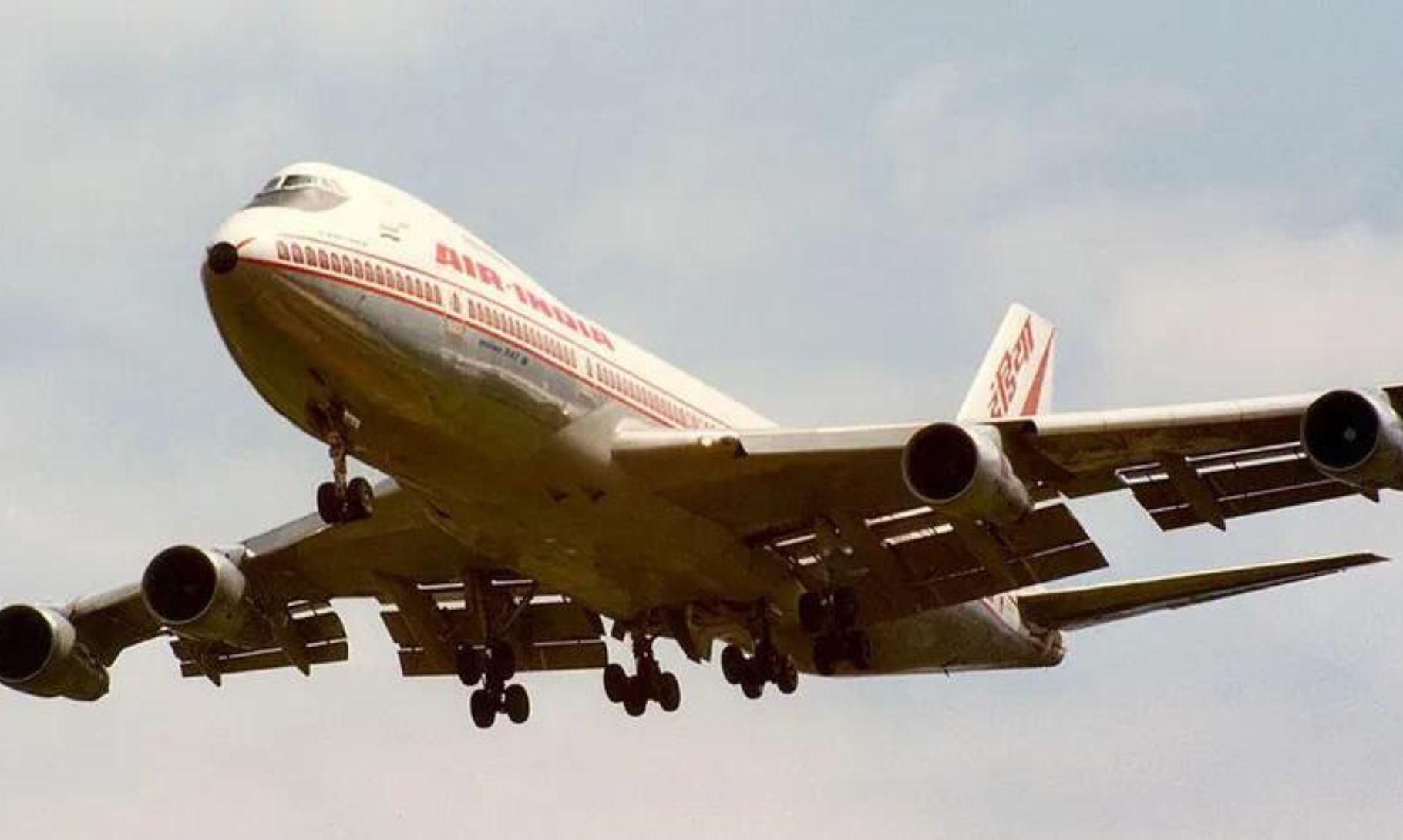The 1985 Air India Kanishka bombing is one of the deadliest terrorist attacks on a plane in the history of mankind. Flight 182, flying from Montreal to Delhi via London, exploded off the coast of Ireland, 31,000 feet above the Atlantic Ocean on June 23, 1985, killing all 329 people on board. The attack was initiated by Sikh extremists in Canada, in response to Indian military actions in Punjab.
The bombing affected India and Canada on different levels. Canada, where many of the attackers resided, was criticized for not handling the threat from Sikh extremists effectively. There were complications with how intelligence was managed and bureaucratic mistakes that allowed the terrorists to carry out the attack.
India perceived the bombing as a stark reminder of terrorism and separatist threats. It strained its relations with Canada and accused the country of sheltering extremists and not fully cooperating in the investigation and prosecution of those responsible.
In response, Canada has taken steps to improve counterterrorism measures and acknowledge its failure in preventing the tragedy. However, controversies continue to this day, especially concerning the adequacy of legal proceedings and the sincerity of apologies.
The ongoing struggle for closure and justice for the victims’ families, with different perspectives and unresolved tensions continues to shape the legacy of the Air India Kanishka bombing.







